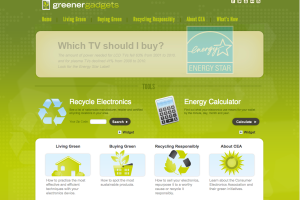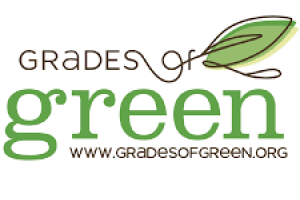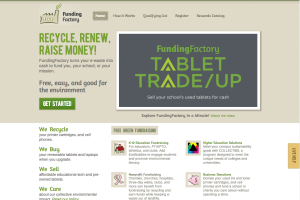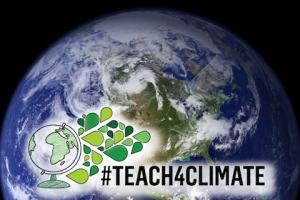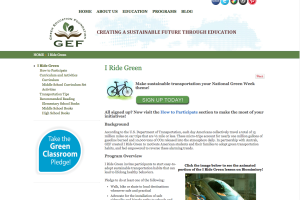
Sustainability Lesson Clearinghouse
/resource/sustainability-lesson-clearinghouse
Green Education Foundation
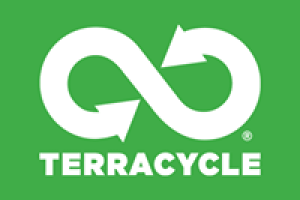
Terracycle: Eliminating the Idea of Waste
/resource/terracycle-eliminating-idea-waste
Terracycle
Energy Education and Workforce Development: K-12 Lesson Plans and Activities
/resource/energy-education-and-workforce-development-k-12-lesson-plans-and-activities
U.S. Department of Energy
State and Local Clean Energy Solution Center
/resource/state-and-local-clean-energy-solution-center
U.S. Department of Energy
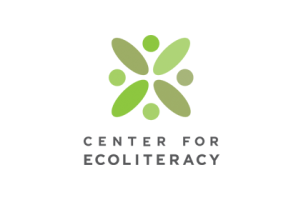
Designing a Resilient Community
/resource/designing-resilient-community
Center for Ecoliteracy
Agriculture and Civic Engagement Curriculum
/resource/agriculture-and-civic-engagement-curriculum
4-H
Resources for Teachers and Kids
/resource/resources-teachers-and-kids
PG&E
Climate Literacy and Energy Awareness Network (CLEAN)
/resource/climate-literacy-and-energy-awareness-network-clean
Climate Literacy & Energy Awareness Network (CLEAN)
Climate Change and Your National Parks
/resource/climate-change-and-your-national-parks
National Park Service
National Energy Education Development Project Curriculum
/resource/national-energy-education-development-project-curriculum
National Energy Education Development Project
Climate Change: What You Can Do: At School
/resource/climate-change-what-you-can-do-school
United States Environmental Protection Agency
Fuel Cell Technology Educational Resources
/resource/fuel-cell-technology-educational-resources
The U.S. Department of Energy Office of Energy Efficiency and Renewable Energy
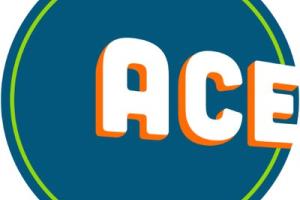
Alliance for Climate Education
/resource/alliance-climate-education
Alliance for Climate Education
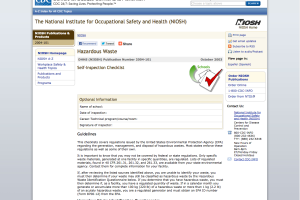
The National Institute for Occupational Safety and Health: Hazardous Waste Checklist
/resource/national-institute-occupational-safety-and-health-hazardous-waste-checklist
United Stated Center for Disease Control and Prevention
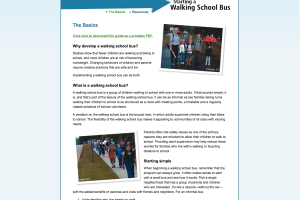
Walking School Bus
/resource/walking-school-bus
United States Department of Transportation
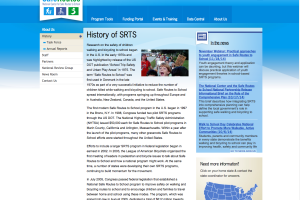
National Center for Safe Routes to School
/resource/national-center-safe-routes-school
Safe Routes to School
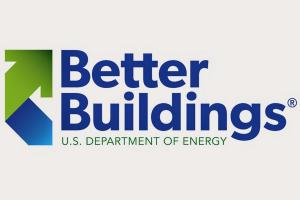
Better Buildings Alliance
/resource/better-buildings-alliance
U.S. Department of Energy
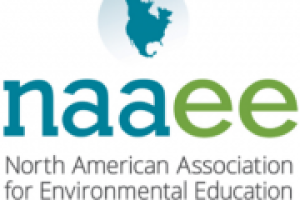
North American Association for Environmental Education
/resource/north-american-association-environmental-education
North American Association for Environmental Education
Green and Healthy Schools Wisconsin
/resource/green-and-healthy-schools-wisconsin
Wisconsin Department of Natural Resources
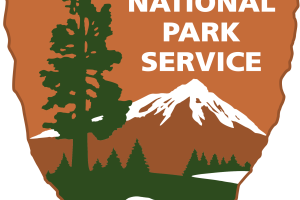
National Park Service: Hydrology
/resource/national-park-service-hydrology
National Park Service
Education for Environment and Sustainability
/resource/education-environment-and-sustainability
State of Washington Office of Superintendent of Public Instruction

